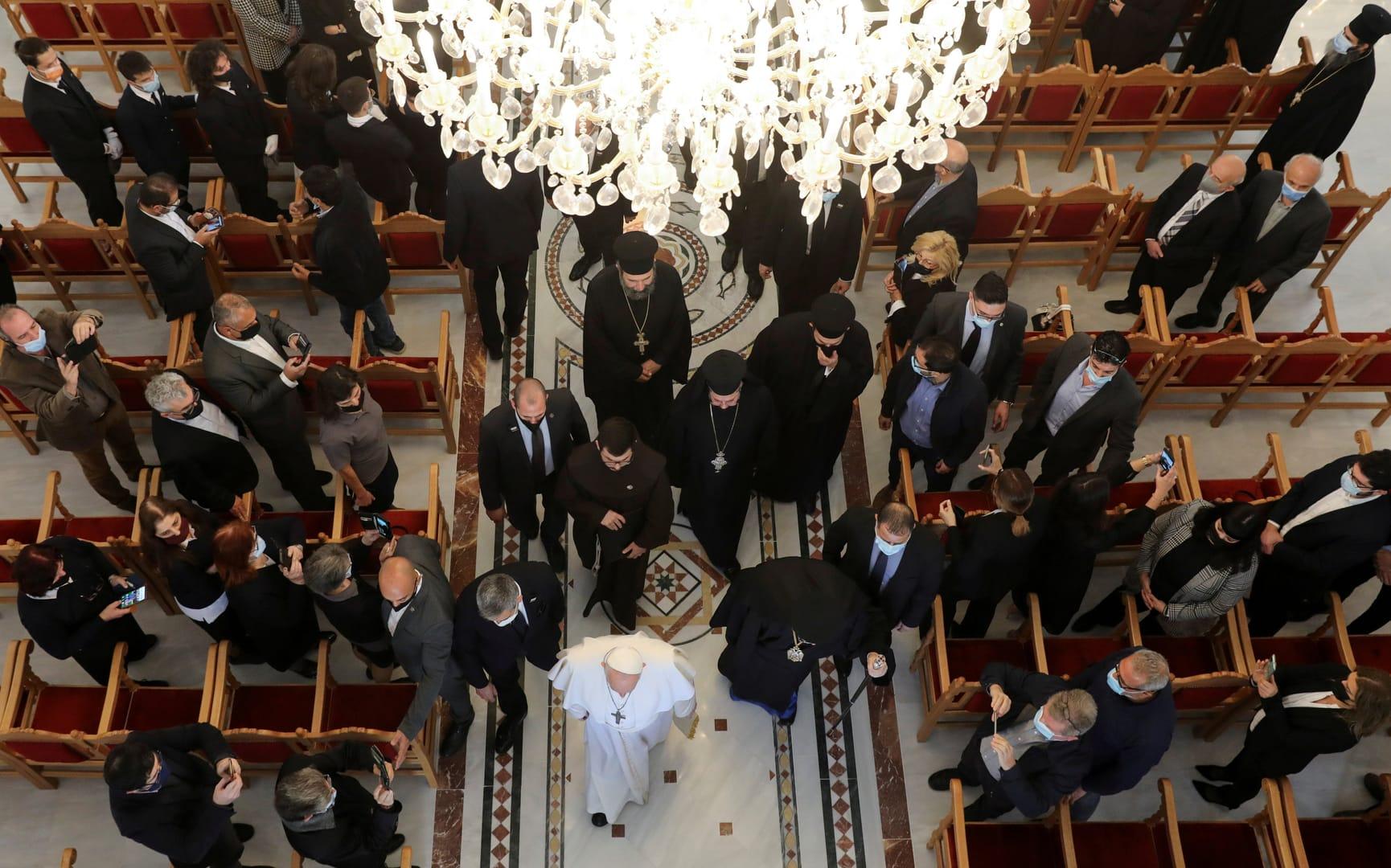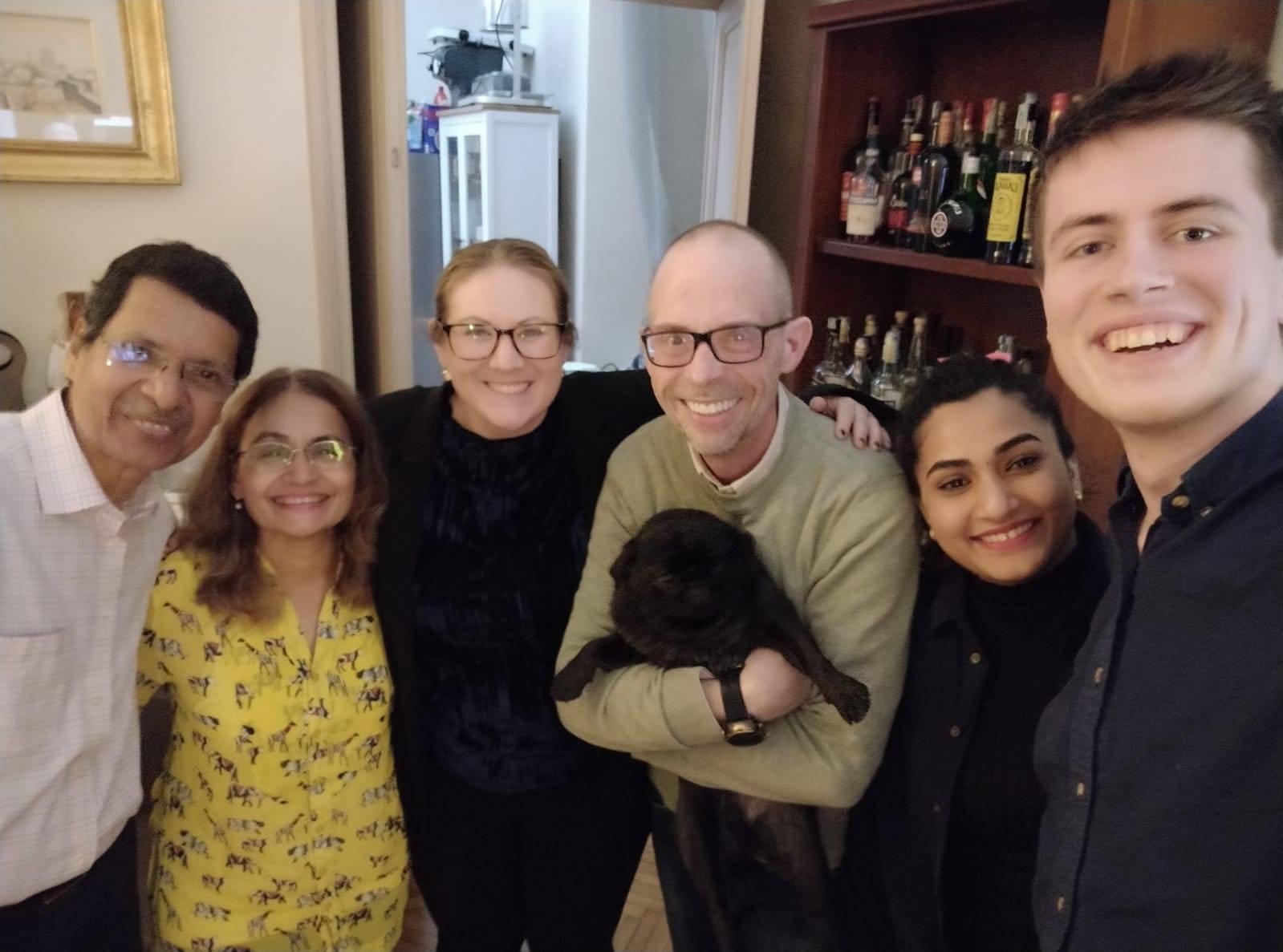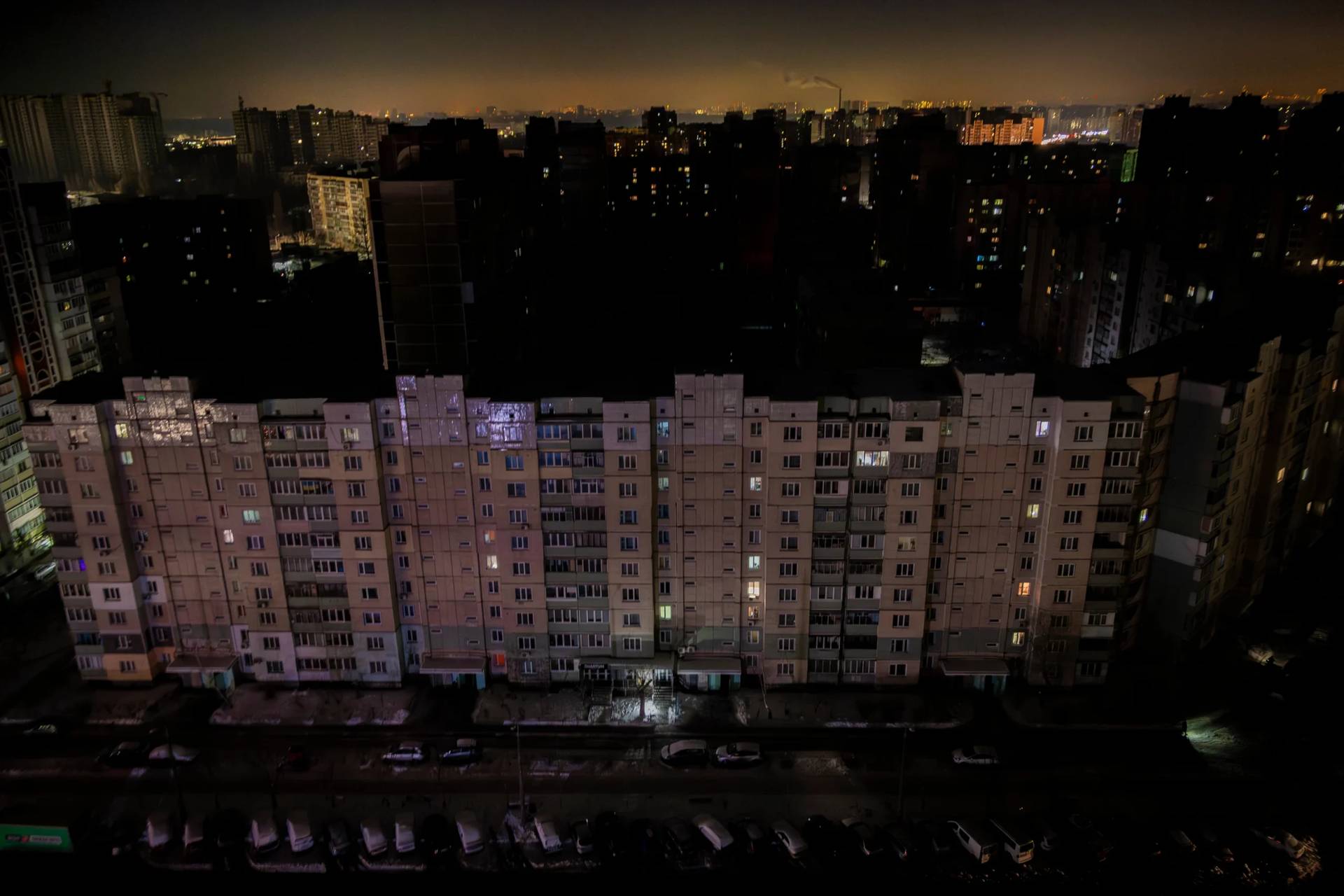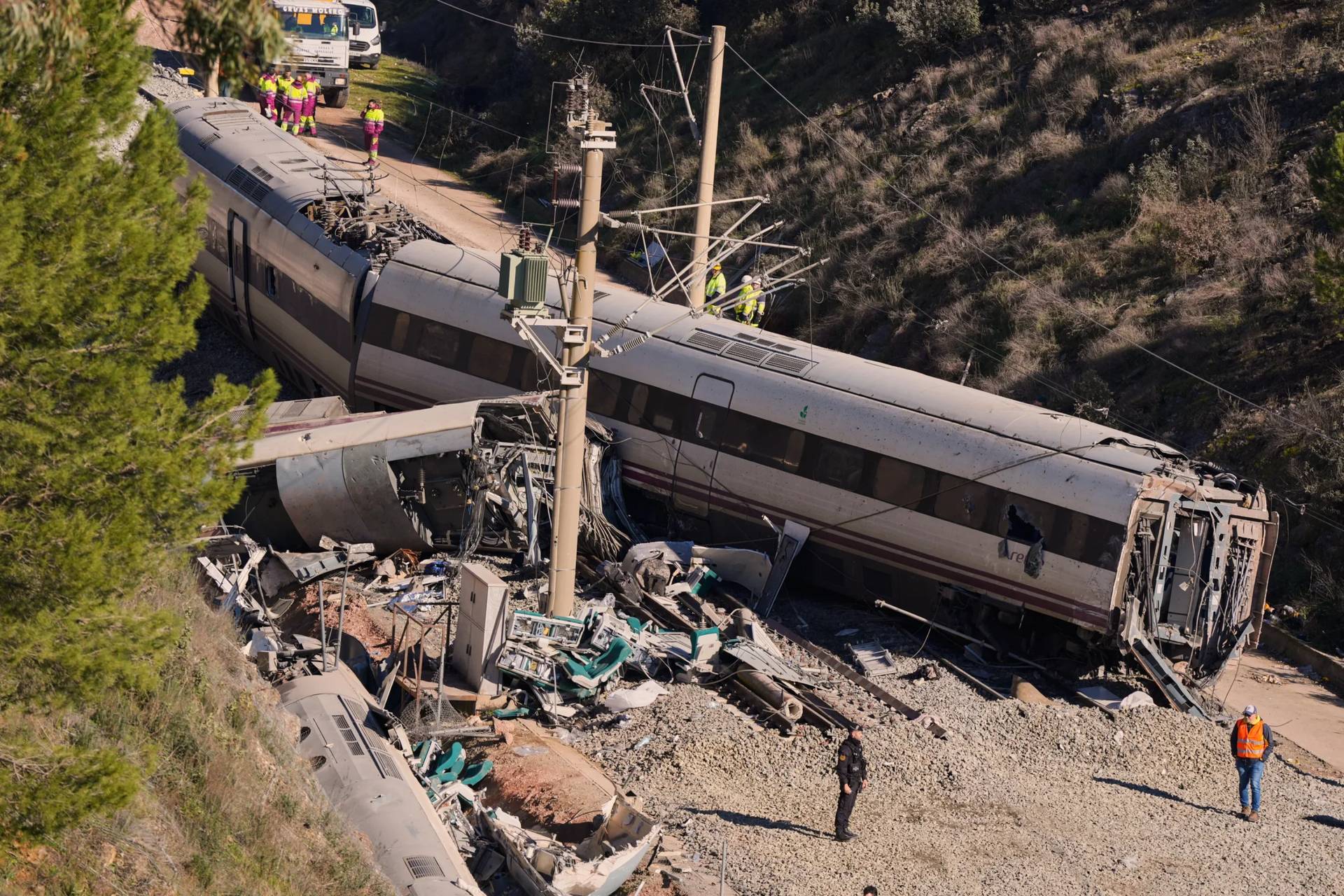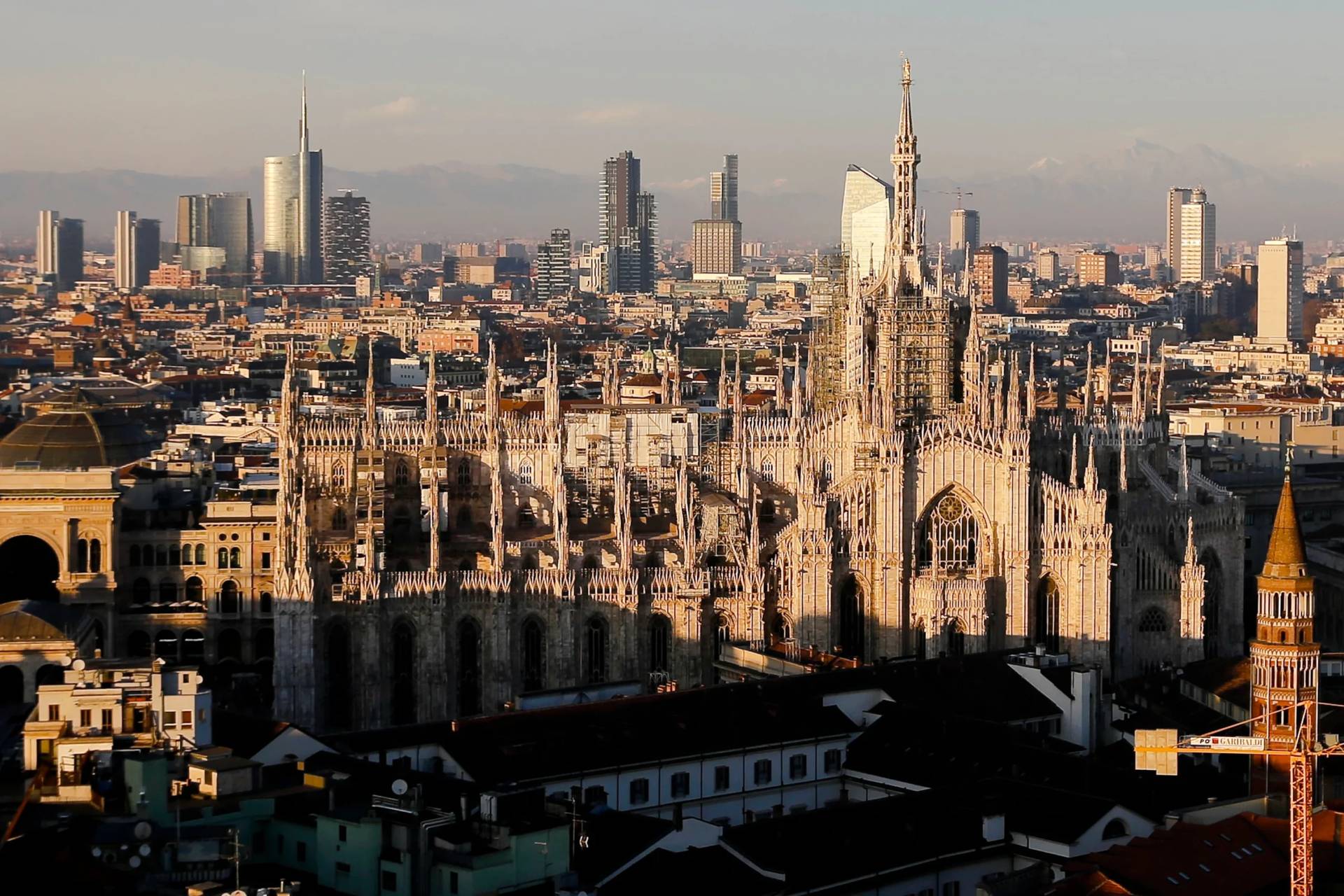NICOSIA – Pope Francis lamented the fact that migrants are facing unspeakable crimes — “women are sold, men are tortured and enslaved” — during a meeting with migrants in Cyprus on Friday.
He noted this often happened after “they were pushed back” by so-called “civilized society” in the West.
“Looking at you all, i see the suffering of the journey, so many who have been kidnapped, sold, exploited,” he told the migrants in Nicosia.
“We lament when we hear about the [crimes under the Nazis and Stalin] How could it happen? Brothers and sisters it is happening today! On shores nearby,” Francis said.
During his remarks, the pope told the migrants to never stop dreaming of a world without prejudice and hate, calling it a “poison” that spreads easily and is difficult to remove.
The pope spoke after listening to four testimonies of migrants from Cameroon, Iraq, the Democratic Republic of the Congo, and Sri Lanka, who told him about their lives and their difficult decision to migrate.
Referring to the testimony of a young migrant woman named Maccolins, who said that throughout his life he has been “wounded by hate.”
With these words, Pope Francis said, speaking to Maccolins, “you remind us that hate has also poisoned relationships between us Christians.
“This as you said, changes us; it leaves a deep and long-lasting mark,” he said. “It is a poison hard to remove, a twisted mind-set that, instead of letting us see ourselves as brothers and sisters, makes us see one another as enemies, as rivals.”
Cyprus, divided politically and geographically by a so-called “Green Line” bisecting the Turkish-controlled north and the Greek Cypriot south, is also a frontline destination for migrants and refugees seeking asylum in Europe.
According to the Asylum Information Database (AIDA), which tracks asylum requests in Europe, there were some 19,660 pending asylum applications in Cyprus by the end of 2020.
This year, the number of new arrivals has risen 38 percent compared with the whole of 2020, making Cyprus, the closest EU country to the Middle East, one of the main entry points for trying to get to Europe.
With a population of just over one million, Cyprus reportedly has around 33,000 irregular migrants residing in the southern republic, with some 10,868 arriving in just the first 10 months of this year.
In his speech, Pope Francis said that the testimonies he heard, which he received about a month in advance, “made a great impression on me…More than just moved, I had the powerful sensation that comes from encountering the beauty of truth.”
These stories, he said, give a deeper understanding to the words of Saint Paul when he wrote that, “You are no longer strangers and aliens, but you are fellow citizens with the saints and also members of the household of God.”
“Those words were addressed to the Christians of Ephesus, not far from here, centuries ago, yet they remain as timely as ever, as if they were written for us today: ‘You are no longer strangers, but fellow citizens,’” he said, adding, “This is the prophecy of the Church: a community that, for all its human limitations, incarnates God’s dream.”
Pope Francis then referred to the testimony given by a migrant woman named Mariamie from the Democratic Republic of the Congo, who said that despite her circumstances, she believes her future is “full of dreams.”
“Like yourself, God dreams of world of peace, in which all his children live as brothers and sisters,” the pope said, speaking to Mariamie.
He also referenced the testimony of a woman named Thamara from Sri Lanka, who said she is often asked about who she is.
Oftentimes when this question is posed, the pope said, “what is really being asked is: ‘Whose side are you on?’, ‘What group you belong to?’ Yet as you said, we are not numbers, names to be put on a list; we are brothers and sisters, friends, believers, (and) neighbors to one another.”
Pointing to the testimony of a migrant from Iraq named Rozh, who described himself as someone “on a journey,” Francis said these words are a reminder “that we ourselves are a community on a journey; we are journeying from conflict to communion.”
“On this road, which is long and has its ups and downs, we should not be afraid of our differences, but of the closemindedness and prejudice that can prevent us from truly encountering one another and journeying together,” he said.
Calling the testimonies shared a “mirror” held up to the Christian community, Pope Francis insisted that closemindedness and prejudice “re-erect the wall of division, the hostility between us, that Christ tore down.”
“Our journey towards full unity can only advance to the extent that, together, we keep our eyes fixed on Jesus,” he said, adding, “It is he, the Lord Jesus, whom we encounter in the faces of our marginalized and discarded brothers and sisters. In the face of the migrant who is despised, rejected, put in a cage.”
At the same time, Jesus is also visible in “the face of the migrant journeying to a goal, to a hope, to greater human companionship,” he said.
God, the pope said, does not want people to be content with a divided world or divided communities, including among Christians, but to walk together “drawn by his own dream: the dream of a humanity freed of walls of division, freed of hostility, where there are no longer strangers, but only fellow citizens…who are diverse, yet proud of that diversity and individuality.”
Pope Francis voiced hope that the island of Cyprus, still feeling the pangs of a visible cultural divide, would one day “become by God’s grace a workshop of fraternity.”
This will happen on two conditions, he said, the first being “an effective recognition of the dignity of every human person,” which he called the ethical and universal foundation at the core of Christian social doctrine.
It will also happen through “a trusting openness to God the Father of all; this is the leaven that we, as believers, are called to offer,” he said, insisting that “if these two things can happen, the dream can translate into daily journey, made up of concrete steps from conflict to communion, from hate to love.”
Follow Elise Ann Allen on Twitter: @eliseannallen
